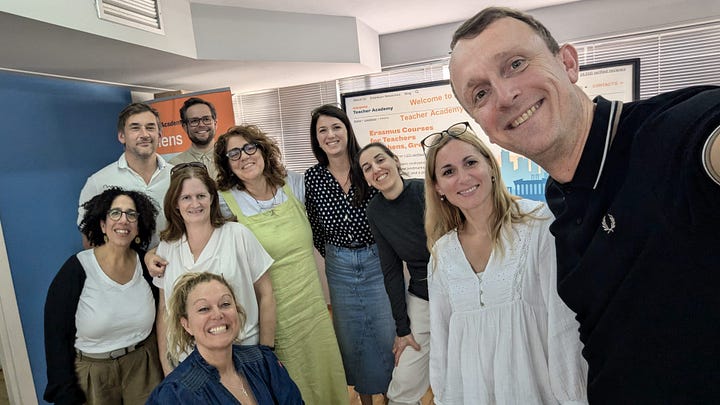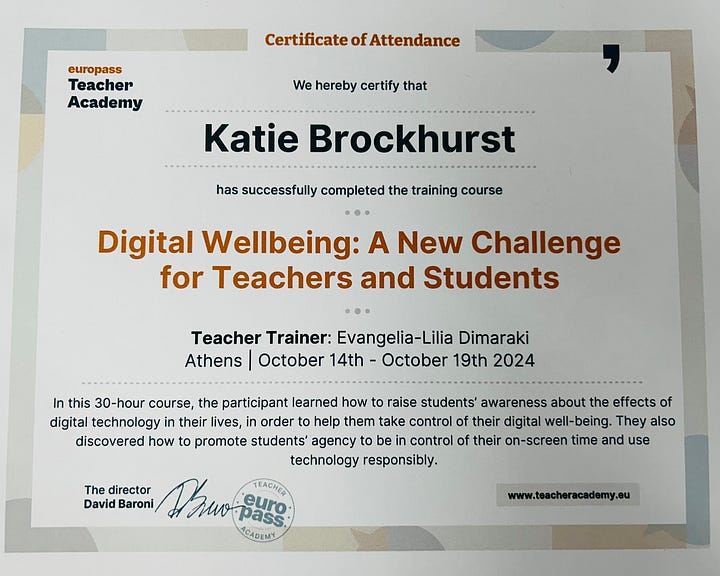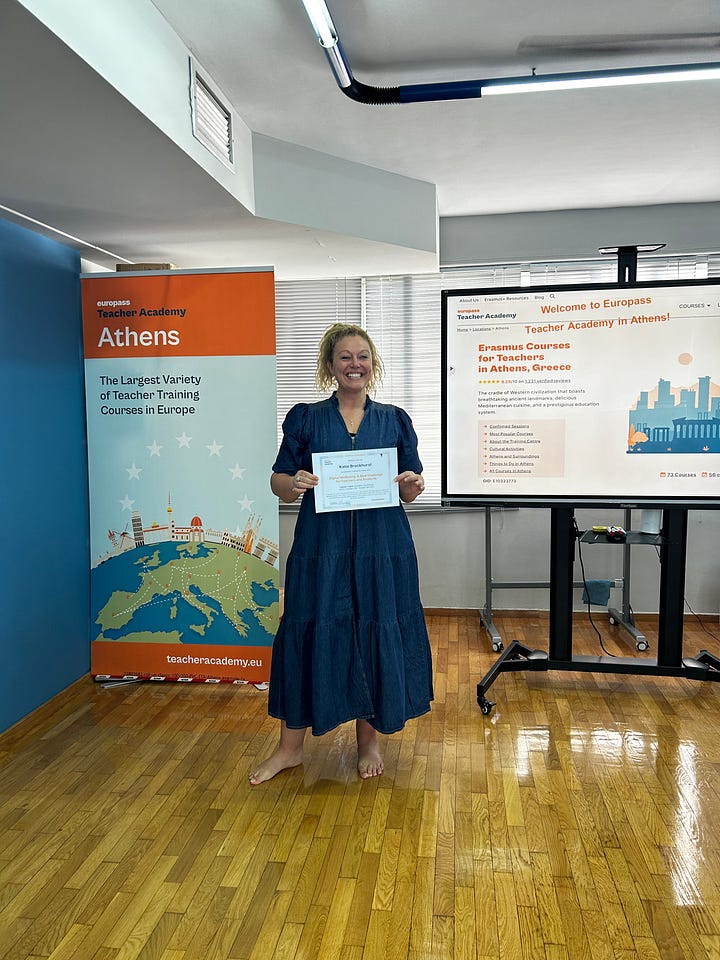How do we, in this digital age we find ourselves in, navigate the genuine dangers and issues of social media for our youngsters, in a way that really supports them?
In this day and age where our digital devices meet communication, education, entertainment, the workplace and so much more… Where are we as the adults, the teachers, the parents and family taking responsibility?
This is not about shaming anybody. Acknowledging that we do not all have the information or understanding of how social media and screen time affects us (not yet) nor how to fix it. But expecting our governments, who I do not trust to fix a hole in a leaking bucket, to lead the way with a top down approach? No way! No, thank you. Governments have their own agendas at play (digital ID etc…) and do not always do the proper in-depth research required when they roll out these blanket ‘solutions’ to meet a problem (we should know that from the past five years…)
As a qualified digital wellbeing coach, of which there are not that many yet in the world, I do not think a blanket ban for U16 is the answer to the complex issues we face. Social media is at a crux point for many of the mental health and wellbeing problems we are now seeing. Limiting access of course will play its part, but it is not going to fix this multi faceted and multi layered problem. It also opens the potential of creating much bigger issues if it is not done well, which I suspect it will not.
Kids will always find a way… They are curious, they want to feel included and connected. Banning it is going to make it seem ever more enticing and potentially even more unregulated as they hide their use of it. Not to mention the sheer volume of teenagers who have had access to much of it for many years already.
It is a messy situation.
There also appears to be a big lack of definition of what social media is, when addressing this ban. You might be able to ban them from joining TikTok or Instagram… But how can you stop them viewing content on an older kids / your phone/ laptops etc? Does YouTube count? What about WhatsApp? Or connected games and other?
A blanket ban feels like putting a bandaid on a broken leg.
Social media sits within a cluster of many other problems our young people face today. Of course addictive design, surveillance capitalism, endless scrolls, high screen time, fake news, nudging, predators, cyberbullying, concentration and and and… These things are all tricky for us as adults to address and navigate in our own lives, let alone for young growing minds. But in the shadows of these things there are other factors we choose not to address.
What are the roots of these issues we now face?
There are very real and present dangers abound on the Internet, and these are things that we absolutely want to protect and educate ourselves and our children about.
Better education, understanding, coaching, guiding and supporting young people, without judgement (as it is not their fault it is the way it is!) Helping them with their digital device and social media use, rather than simply banning it, making it bad, something to hide… Instead talking to them about it, understanding how they feel about it and how it makes them feel… Working together to find our way through this moment in time, where we now have a generation who grew up online, starting to have children themselves.
I recently took a Digital Wellbeing teacher training in Athens, designed specifically for school teachers, who are looking to understand and implement new initiatives into their classrooms and schools. The teachers on the course felt that behavioural issues around device use had increased ten fold after lockdown, post pandemic. This showed me the cluster of important issues where digital technology use sits at a mid point, but is not necessarily the main cause of.




These are some of the worries teachers highlighted with their students:
Concentration issues
Cyberbullying
How they talk / not knowing how to communicate effectively
Social skills lacking
Don’t know how to play games / engage in creative play
Impulsive / lack patience
Over- attached to IT devices
Technology often used as a reward at school and at home
It is impossible for those of us working in digital wellbeing to have all the answers to these important issues, or to assess if these issues all lie at the door of social media and screen use. I do not think governments banning social media for U16, likely hoping to sweep everything else relating to mental health issues in our youth under that rug, is really going to help us all that much at this stage in the game. The train has left the station.
The technology and platforms themselves do of course play a big part of it, and putting greater responsibly on tech companies plays an important role, however I trust big tech about as much as I trust the governments, where capitalist entities choose profit over people.
How we use it, how we balance our use of it, how we regulate and discern for ourselves and our children is for to us to learn. Because when dealing with entities, such as government and big tech, from past performance, we simply can’t trust them. It is clear that we as adults have a lot a learn, particularly as the guides and teachers of the next generations coming through.
Where do we need to sober up in order to see where we really stand with our relationship to social media and mobile technology?
Are we still drunk on new tech and our devices, that appeared post nineties?
Do we actually need to do the work around how and when we are using our devices, to be able to see how we by our very actions, are affecting those growing up, watching and learning from us too?
As we cross a new threshold, a new frontier, especially with the wave of Ai’s now rolling in, how do we take responsibility?
Please do let me know your thoughts and if you would like me to dive into this topic more deeply.



